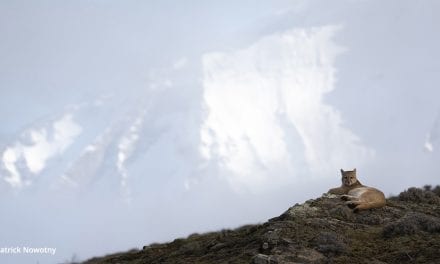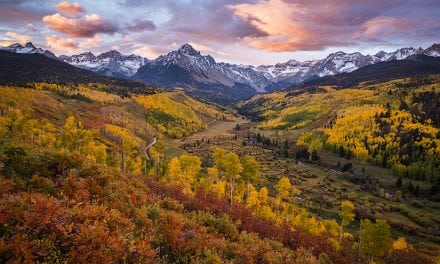
Whether you’re a seasoned pro, experienced enthusiast, serious hobbyist, enthusiastic weekend warrior or just starting out, never brush off the basics. If you fall into the more advanced category, never let go of the concepts that got you where you are: the basics. If you’re just starting out, learn the basics and never brush them off just because you now “know” them. It never hurts to revisit the path you took that helped you attain your goal. Arrogance breeds apathy, and apathy guarantees failure. It’s with this in mind I encourage all experienced photographers to walk down memory lane and all newbies to begin your trek as we stroll Basics Boulevard.
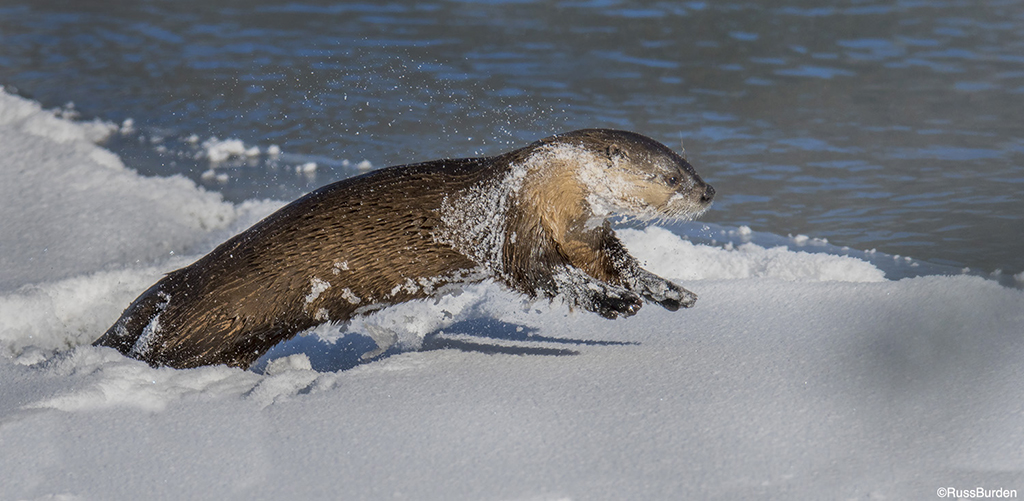
Your Tripod
I applaud the fact you use a tripod. For this, you earn points. But did you remember to level it or will you have to straighten your horizon in post-processing? Are the legs locked and solid or will your rig be destined for the repair shop? Did you attach a cable release to your camera since some shutter speeds transfer visible movement to the file when you press the shutter? Did you know that some companies offer a short center column so you can splay the legs to almost ground level if you need to get low? Another reason to not use a long center column— by raising it, you just turned your tripod into a monopod, which is much less stable! BASICS: know your tripod inside out and use it often.
Exposure
Do you often refer to your histogram to ensure you get the best exposure? Blown-out whites can never be recovered! Do you use your exposure compensation button to bias exposure when necessary? If so, I applaud you, but do you always remember to zero it out for subsequent exposures? At sunrise and sunset do you ignore the luminosity histogram and base your exposure on the red channel histogram? If so, excellent! BASICS: Always do a pre and post check of all settings at the end and beginning of each session.
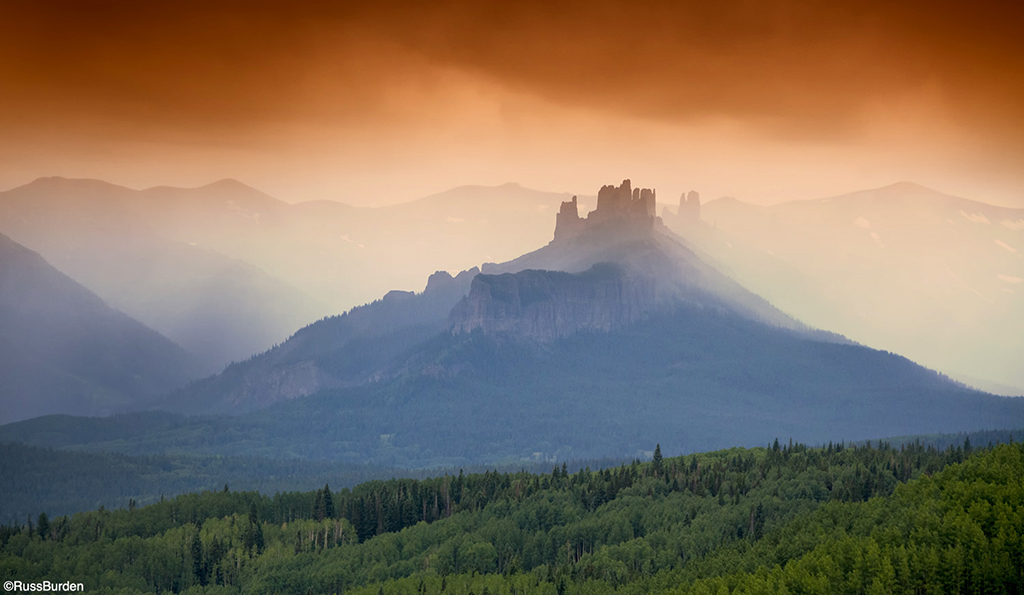
Bracketing
HDR has become very popular and allows tonal range to be dramatically expanded. A series of different exposures are made and software takes the optimal parts of each and blends the files in post-processing. but do you always remember to cancel out the bracketing to capture the series? This can come back to haunt you if you end the day bracketing and don’t need it when you resume the next morning. You look at your first AM exposure and it’s way off, so you try to adjust it for the next one, but because bracketing is set, it now looks even worse. BASICS: Always do a pre and post check of all settings at the end and beginning of each session.
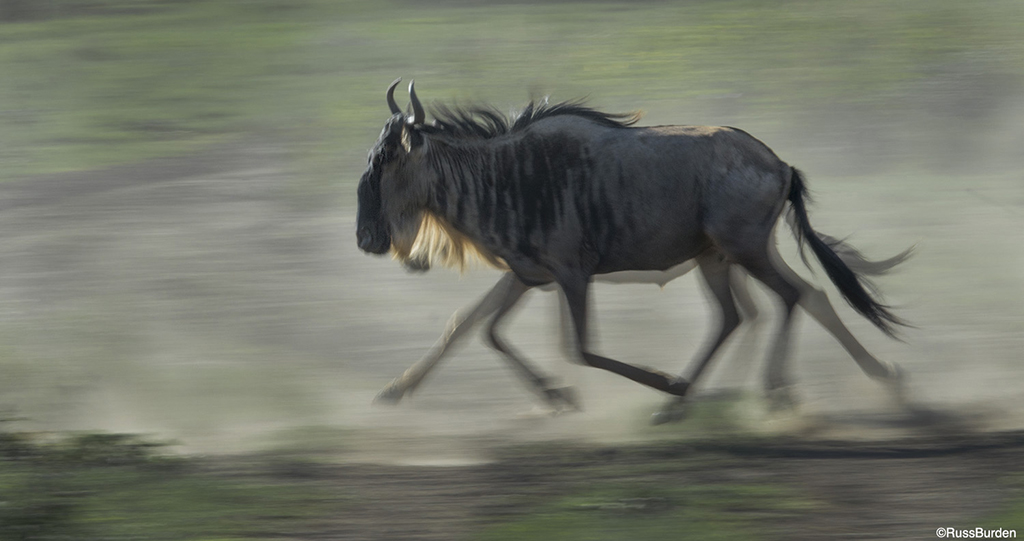
Shutter Speed
If you use aperture priority or program to make your exposures, your shutter speed is chosen by the camera. But did you know it’s possible to override the shutter to create different effects? Falling rain or snow, a running dog, your child at play and fast-moving clouds can all be photographed using different shutter speeds, and with each change, a different effect will be imparted to the photo. Do you want frozen raindrops or do you want to show their streaks? Do you want to pan with the running wildebeest to create a motion blur or do you want to freeze the action? BASICS: Experiment and do as I often say: Exhaust all possibilities.
The above just scratches the surface of all the things that too often are taken for granted by the pro and need to be learned by the novice. Regardless of where you are, never brush off the basics.
Visit www.russburdenphotography.com for information about his nature photography tours and safari to Tanzania.
The post Brush Off The Basics? Balderdash! appeared first on Outdoor Photographer.












